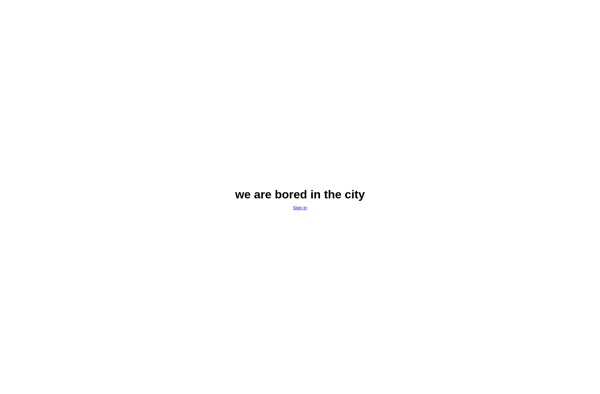Vibe Cloud
Vibe Cloud: Visual Application Builders
Discover Vibe Cloud, a no-code platform for building custom applications, workflows, databases, and interfaces on-the-go
What is Vibe Cloud?
Vibe Cloud is a no-code application development platform used by businesses to build custom web and mobile apps without coding. It provides an intuitive visual builder and pre-built components that allow non-technical users to assemble full-featured applications.
Some key features of Vibe Cloud include:
- Drag-and-drop interface to design workflows, databases, forms, and app layouts
- Options for responsive web, iOS, and Android app deployment
- Collaboration tools to manage app projects with multiple stakeholders
- Integration with popular services like Stripe, Zendesk, Gmail, and more
- Robust access controls, permissions, and data encryption
- Usage analytics and monitoring to track app adoption over time
Vibe Cloud accelerates development cycles by empowering business teams to prototype and build their own applications without engineering resources. Its flexibility also allows changes to be made quickly based on user feedback. It is well-suited for creating internal business apps, customer-facing apps, marketplace platforms, directory sites, and more in a wide variety of industries.
Vibe Cloud Features
Features
- Visual application builder
- Pre-built templates and components
- Drag and drop interface
- Cloud database storage
- Multi-platform access
- Integration with 3rd party apps
- Workflow automation
- Access control and permissions
- Analytics and reporting
Pricing
- Freemium
- Subscription-Based
Pros
Cons
Official Links
Reviews & Ratings
Login to ReviewThe Best Vibe Cloud Alternatives
Top Business & Commerce and Project Management and other similar apps like Vibe Cloud
Here are some alternatives to Vibe Cloud:
Suggest an alternative ❐Youtube Music
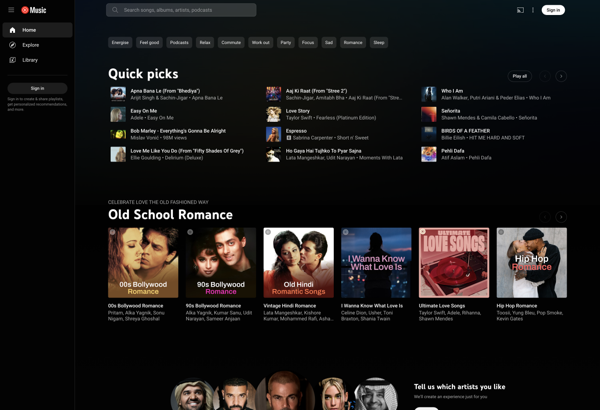
Spotify
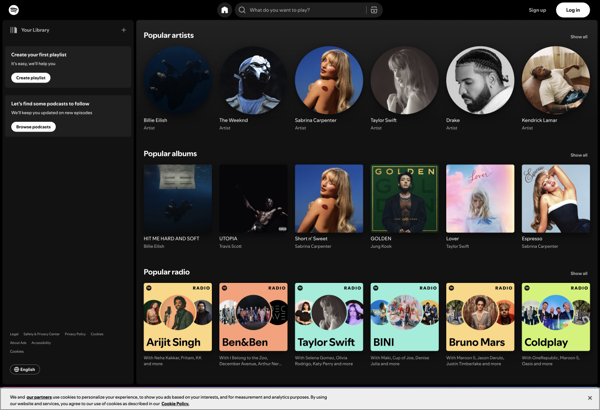
Deezer
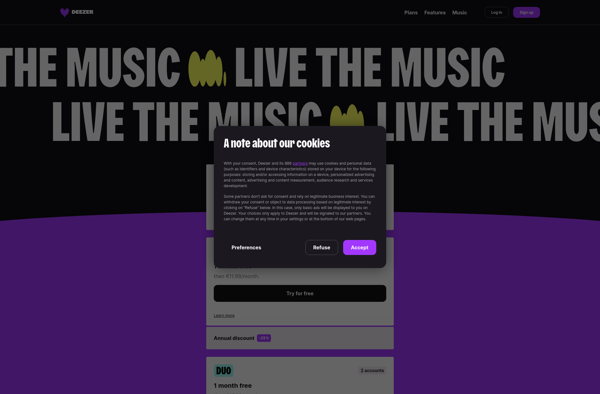
Last.fm
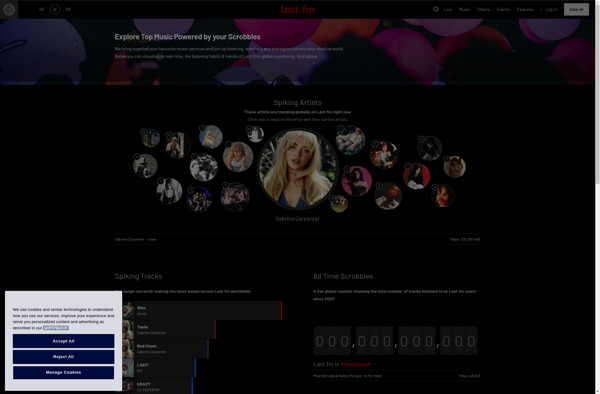
Pandora
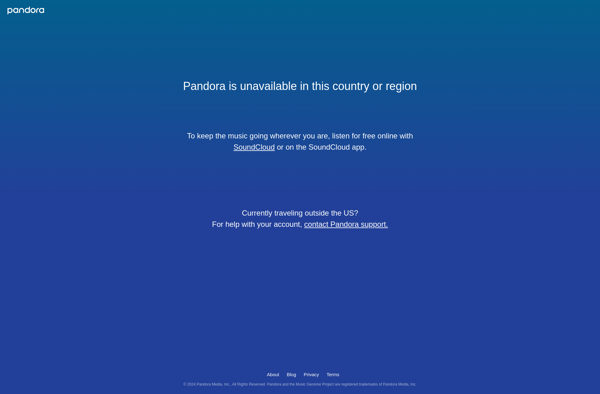
TIDAL
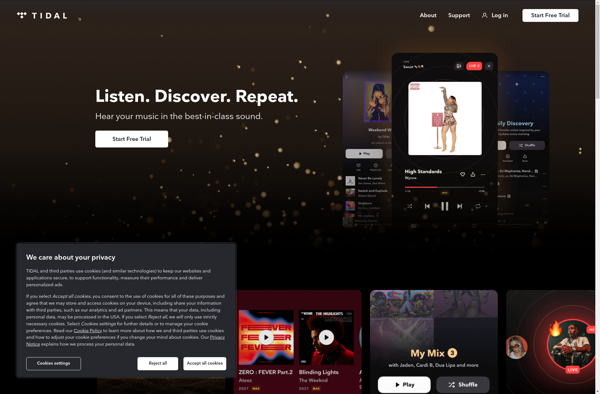
Jango
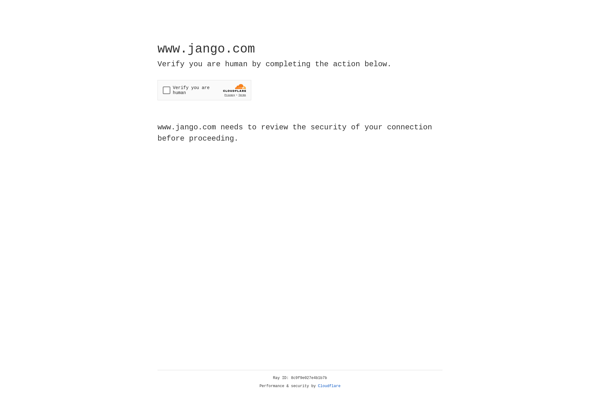
SoundCloud
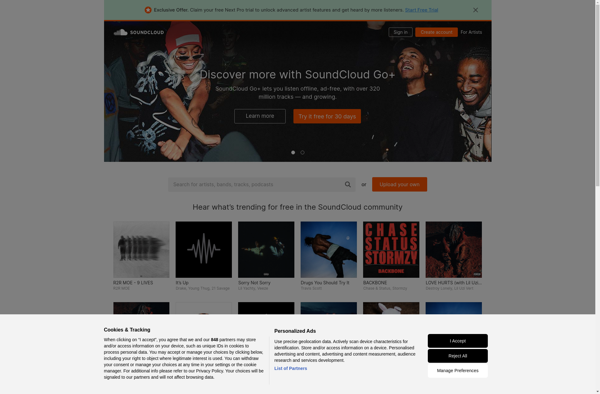
Audius Music
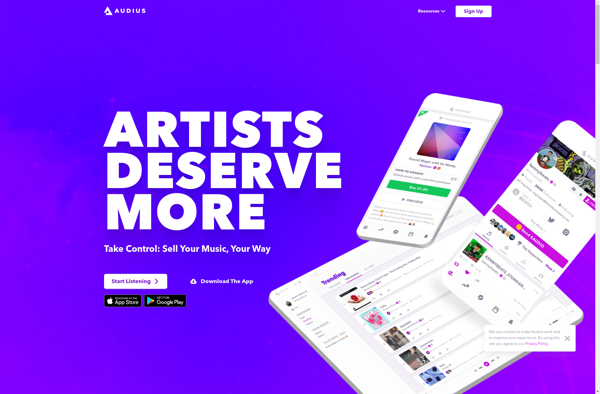
IHeart
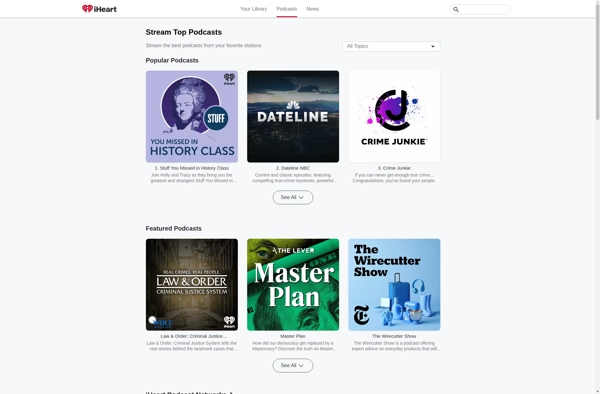
Jamendo
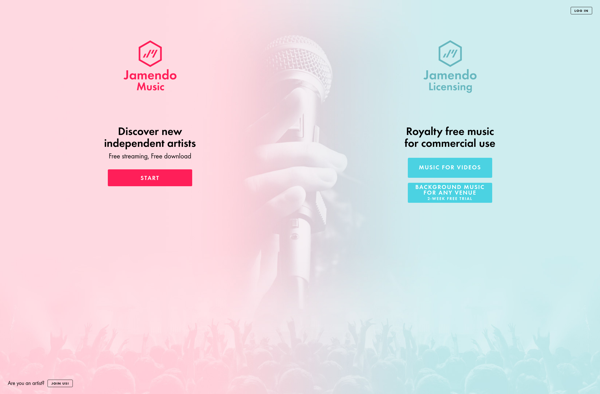
Libre.fm
